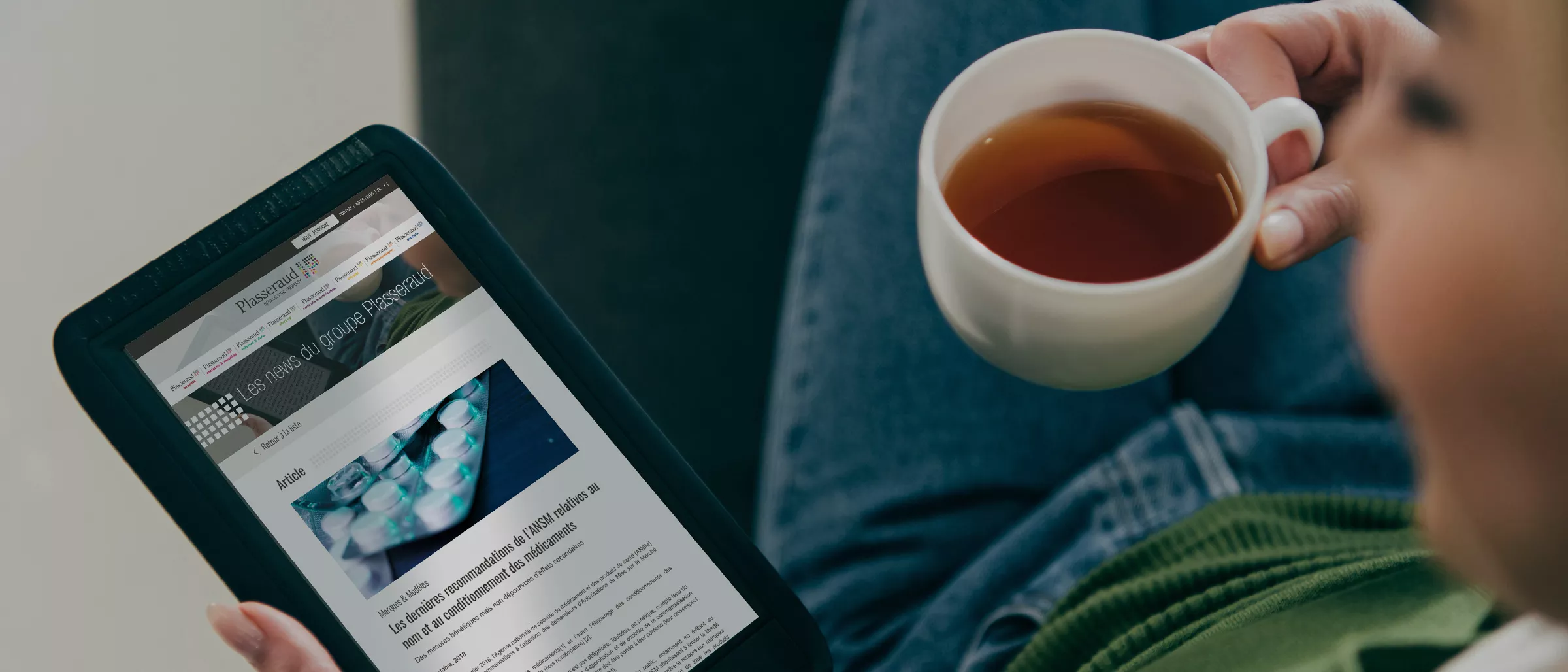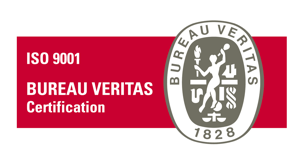Article

Opposition in France: French specificities and initial assessment of oppositions for patents in class "A61" ("Medical or veterinary science; Hygiene").
1/ General considerations on opposition proceedings in France
Opposition proceedings for French patents before the French Patent Office (INPI), are possible since April 1er 2020. Although very similar in many respects to opposition proceedings before the European Patent Office (EPO) they nevertheless possess a few special features which are recalled in particular below.
→ Relatively fast proceedings
The time between the start of the opposition and the decision rendered by INPI is generally less than 18 months, which means that the parties have relatively short time periods for responding during the written phase::
- a (non-extendible) period of 3 months for the patentee to respond to the opposition brief,
- a (non-extendible) period of 2 months for each party to file observations, and if necessary for the patentee to file new claims, in response to the INPI's preliminary opinion, and,
- a final (non-extendible) period of 2 months (non-renewable) for a final exchange between the parties, leaving the possibility of filing observations, and if necessary for the patentee, filing new claims.
→ A French translation of all the documents cited must be filed. Failure to do so results in inadmissibility of said documents.
It is possible to provide a machine translation of the cited documents, the only condition being that their content and scope can be clearly determined by INPI or the other party to the procedure.
→ A structured oral stage
The French Intellectual Property Code (CPI) does not expressly provide for the possibility of the patentee filing new claims on the day of the hearing.
As for the INPI Guidelines, it is stated that "All requests presented by parties for the first time on the day of the oral phase are considered late and their admissibility in the procedure is subject to the approval of the commission after hearing the other parties on this point".
A study of the first decisions rendered shows that INPI has in some cases accepted "minor" corrections to the claims made by the patentee on the day of the oral phase, subject to respect for the adversarial proceedings.
In this respect, the very recent, first, decision of the Paris Court of Appeal (CA) on May 29, 2024 (see our June 26 article on this subject ) confirmed the admissibility of a request to amend claims on the day of the oral phase.
It should also be noted that the INPI summons to the oral phase is not accompanied by an agenda, contrary to what is indicated in the INPI Guidelines.
→ The "Silence means rejection" rule
The opposition is deemed to have been rejected if the INPI has not made a decision within 4 months of the end of the instruction phase (which is generally the day of the oral phase).
A study of opposition proceedings and of decisions rendered to date shows that the decisions include a report comprising the minutes of the oral phase, which are generally issued within 2 months of the day of the oral phase.
It is therefore always advisable to request an oral phase, whether on the side of the patentee or the opponent, if only to have such report available, particularly in the event that one or both parties wish to appeal the INPI opposition decision before the Paris Court of Appeal (CA).
→ Partial revocation of the patent
One possible outcome of opposition is partial revocation of the patent, which means that only certain claims are revoked. In the case of partial revocation, the patentee must request an amendment to the patent in writing before INPI, once the partial revocation decision is no longer appealable.
→ No ex officio prosecution of opposition by INPI
If the opponent withdraws his opposition, INPI cannot pursue the opposition on its own motion.
→ Appeal before the Paris Court of Appeal (CA)
Appeals against INPI opposition decisions are lodged with the Paris Court of Appeal, as are appeals against INPI rejections of patent applications. This is an appeal for reformation: the CA is aware of the entire dispute, and rules on the facts and the law. During the appeal procedure, the parties may produce new documents, evidence and/or raise new arguments, but not new requests.
As mentioned above, the CA de Paris very recently (May 29, 2024) rendered its first ruling in the action brought by BMW/Michelin.
It is therefore important for the parties to bear in mind that the decision rendered by the Paris CA in the event of an opposition appeal will be based on the case law applied by this court. This case law may differ on certain points from that of the EPO, and will subsequently be applied by INPI in future decisions.
2/ Considerations on the assessment of inventive step in opposition proceedings
When assessing inventive step in opposition proceedings, INPI applies the problem-solving approach defined by the EPO, with certain nuances. For example, compared with the EPO, French practice is more demanding on the definition of the skilled person when analyzing inventive step.
In the opposition cases studied, it was observed that INPI frequently raised the following objection in its preliminary opinion issued during the written phase of the opposition procedure:
"It is noted that the opponent does not define the skilled person. However, in order to assess the inventive step, it is necessary to define the skilled person and identify his or her general knowledge, especially when the claimed subject-matter is clearly derived from a combination of elements of the state of the art and/or the general knowledge of the skilled person. In the absence of a precise definition of the skilled person by the opponent, it is difficult to analyze his argument".
With regard to the above-mentioned Paris CA ruling, the Court, in its assessment of inventive step, specifically defines the person skilled in the art: "In this case, the person skilled in the art is a tyre marking specialist".
This practice is consistent with that observed when examining patent applications before the INPI.
The INPI, in its problem-solution approach of inventive step during examination, is required to define the skilled person (Cass. com., 27 sept 2017, n° 15-23246).
For example, if the applicant, in its response to the preliminary search report, gives a definition of the skilled person that is not shared by INPI, then INPI makes a counterproposal in the formal notice. A definition will be required at least in the draft rejection decision to precisely define the skilled person.
3/ Specific considerations on opposition to class A61 patents: a first assessment.
According to data published by INPI on December 31, 2023, the technical fields of patents contested in opposition procedure break down as follows :
- 43 % for mechanical engineering,
- 18 % for electrical and digital and
- 39 % for chemistry.
Concerning the field of chemistry, and more particularly patents in class "A61" ("Medical or veterinary science; Hygiene"), 18 oppositions have been filed :
- 9 oppositions have been completed, with decision or closing dates ranging from March 2023 to June 2024,
- 9 objections are pending.
Of the 9 completed oppositions, 8 of the concerned patents had been filed before May 22, 2020, which means that these patents had not examined for inventive step during their examination.
Of the 9 pending oppositions, 4 concern patents filed after May 22, 2020 (i.e. patents examined for their inventive step).
Of the 9 oppositions closed, more than half, i.e. 5 oppositions, were closed, either because the patentee withdrew his patent (3) or because the opponent withdrew his opposition (2).
The 4 decisions rendered by INPI resulted in "total revocation of the patent" (3 decisions) or "maintenance of the patent as granted" (1 decision).
It should also be noted that in each case, the opponent was careful to request total revocation of the patent, rather than partial revocation.
In particular, requesting total revocation ensures that the opponent does not end up in the uncomfortable situation where, in response to an attack on an independent claim "1", the owner would propose a new claim "1" consisting of a combination of the attacked independent claim "1" with an un-attacked dependent claim "2": the opponent would then be unable to request revocation of the new claim "1 + 2" since he had not requested revocation of claim 2.
The trends observed in this report represent only a snapshot to date of proceedings that are still in full evolution. As already mentioned, the first oppositions filed concerned patents that had not been examined for inventive step during the grant procedure, even though lack of inventive step is the main ground for opposition. However, this particular case will no longer exist in the very near future, and future opposition decisions will therefore relate to patents granted after an inventive step examination.
Figures published by INPI show that opposition proceedings are gaining importance in France (93 oppositions filed by December 31, 2023), confirming the attractiveness and interest of this new way for third parties to challenge the validity of a French patent at lower cost and in a very short time.
For more information on the French opposition proceedings, please contact our experts.

























